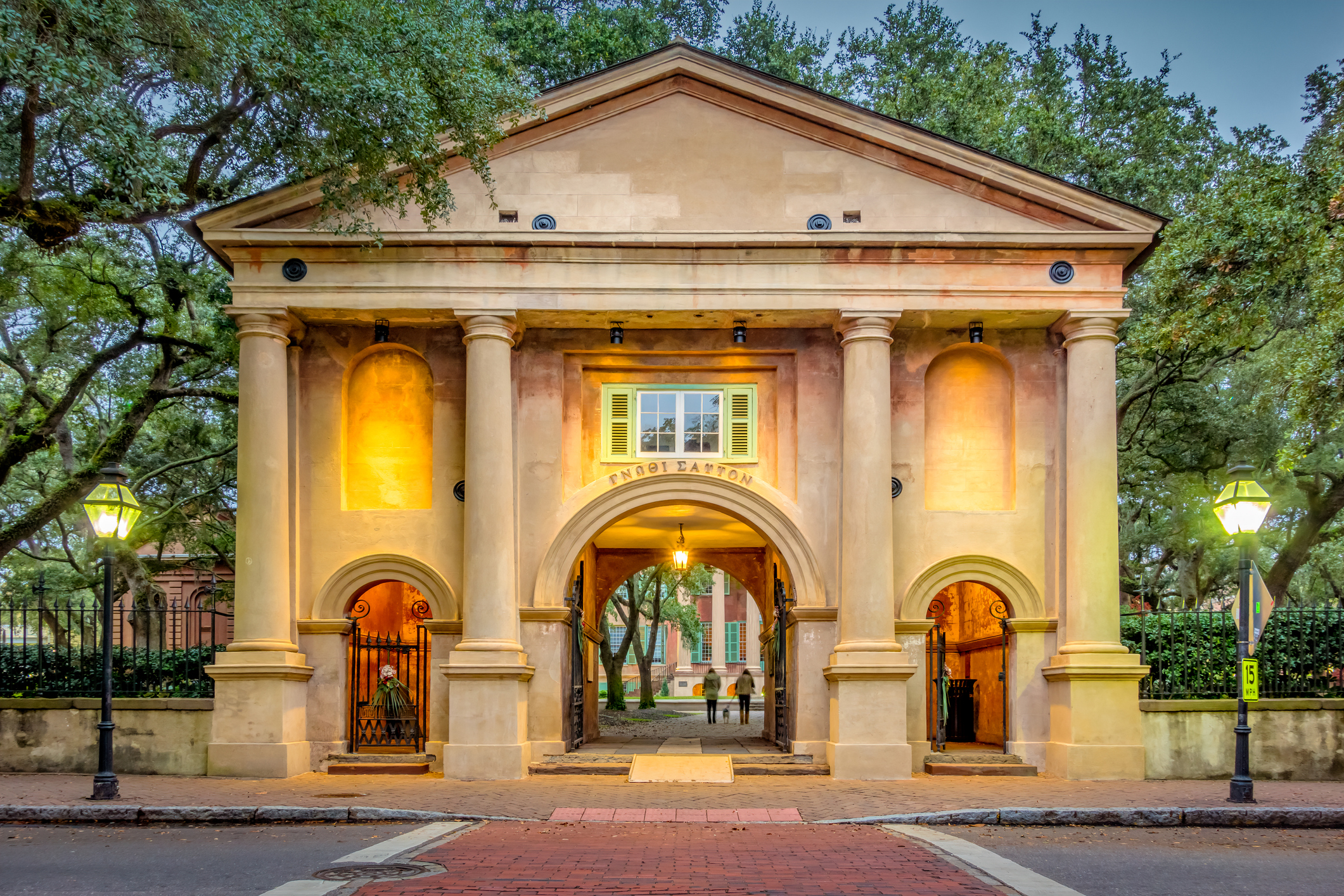By Daniel Mandell
August 20, 2018
OI Books: The Invasion of America and Me
Today’s post is part of our series marking the 75th anniversary of the Omohundro Institute by exploring the OI books that have had an impact on a scholar’s life.
I first encountered Francis Jennings’s The Invasion of America early in graduate studies at the University of Virginia. Unlike Christine DeLucia, I cannot remember that precise date (sometime in mid-1981), nor why I picked it up, but there is no forgetting its effect. In the first half of the book, Jennings broadly examined how first European rulers and then American intellectuals created a deceitful and destructive depiction of Native Americans, and then used that false construction to justify their subordination, dispossession, and near-extermination. In the second half, he applied those lessons in a slashing, no-holds-barred reexamination of New England’s origins from first English settlement to King Philip’s War, including a scorching scornful takedown of puritan saint John Eliot. In college I had been involved in Native American studies, and at Virginia had become interested in colonial social history and the newish New England town studies. It was not surprising that I was captivated by Jennings’s passionate, revisionist view, and went on to other recent works on early New England encounters. It now seems strange that there were so few: a handful of articles, Alden Vaughan’s New England Frontier (1965), and James Axtell’s The European and the Indian (1981). Read More


